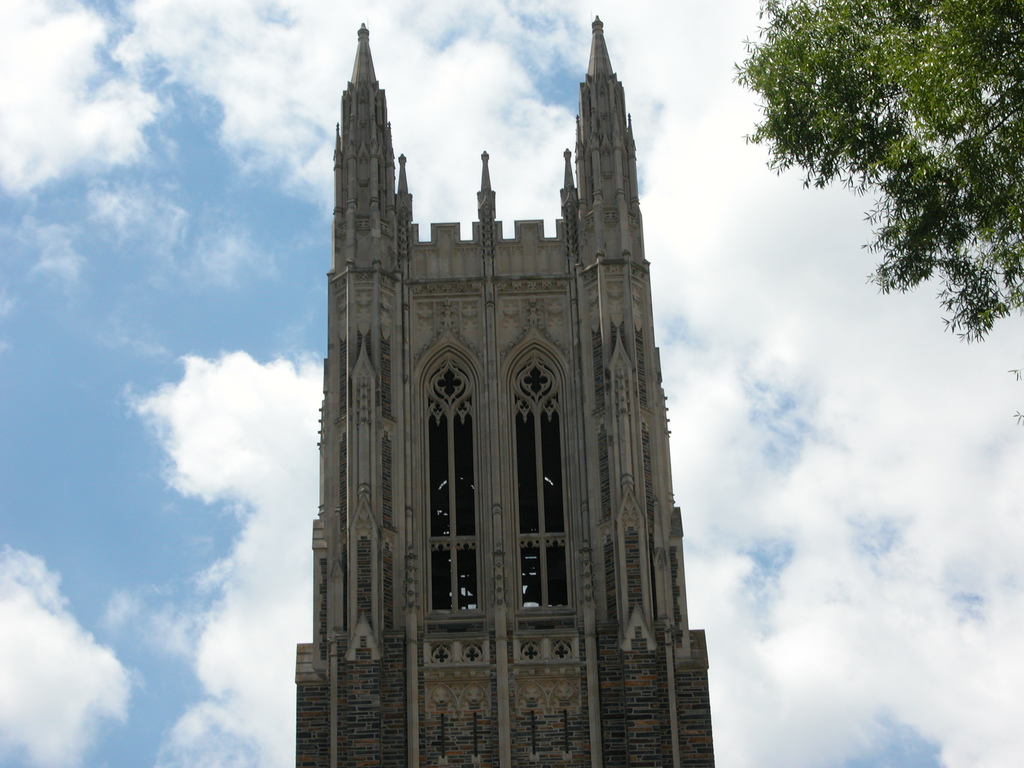Each week, we bring you updates on the legal world.
Looking ahead…
Same-sex support in the Supreme Court? The Supreme Court announced it will hear four new cases regarding same-sex marriage. Through these cases, it will consider several central ideas, including whether the states can ban same-sex marriages, and whether states can refuse to recognize marriages performed in other states. A decision is expected in early summer. (SCOTUS Blog)
First tea, now Uber. Taxi owners in Boston are claiming that Uber’s operation in the city violates their constitutional rights. At the core of this conflict is the fact that participants in ride-shares are exempt from standard regulations imposed on taxi drivers, such as training and service requirements. The criticism in Boston follows similar objections in Los Angeles, Portland, San Francisco, and other cities. What will happen remains to be seen. (Bloomberg)
And in case you missed it…
There’s a new sort of graduation requirement in Arizona. This past week, Arizona became the first state to require students to pass a citizenship test before graduating high school. Starting with the class of 2017, Arizona eighth graders will have to pass the same test immigrants must pass in the naturalization process. While failure bars immigrants from gaining citizenship, for Arizona students, it bars them from receiving a high school diploma. (The Arizona Republic)
Central Intelligence Agency absolves Central Intelligence Agents. For hacking into computers of members of the Senate committee tasked with investigating the CIA’s use of torture, the agents will receive no punishment. Last Wednesday, a CIA panel absolved its agents of misconduct, instead rebuking those who called for punishment in the first place. (Yahoo News)
Call to prayer called back. Duke University has announced a reversal in its previous announcement, which stated that the Duke Chapel would ring the call to prayer, or adhan. Although university officials cited security concerns as reason for the reversal, the university’s vice president of public affairs affirmed that Duke students could continue to chant the call to prayer from the top of the bell tower as had been done previously. (CNN)
Holder ends police holdings. In what The Washington Post called the most sweeping check on police power since the war on drugs began, Attorney General Eric Holder prevented certain law enforcement officials from using federal prerogatives for seize assets without criminal charges or warrants. Previously, local and state police officers used a Justice Department program called Equitable Sharing to seize property and money without the standard requisites. Holder’s decision seeks to cap the $3 billion amounted through 55,000 seizures from 2008 to the present. (The Washington Post)
Proposals for more practical payment practices. President Obama announced plans to provide paid sick and parental leave for US workers. Following models in most other developed nations, the President envisions providing federal workers with at least six weeks of paid maternity and paternity leave, and at least seven days of paid sick leave. Although his proposal will address the federal level first, he announced further plans to help states orchestrate sick leave programs of their own. (Time)









